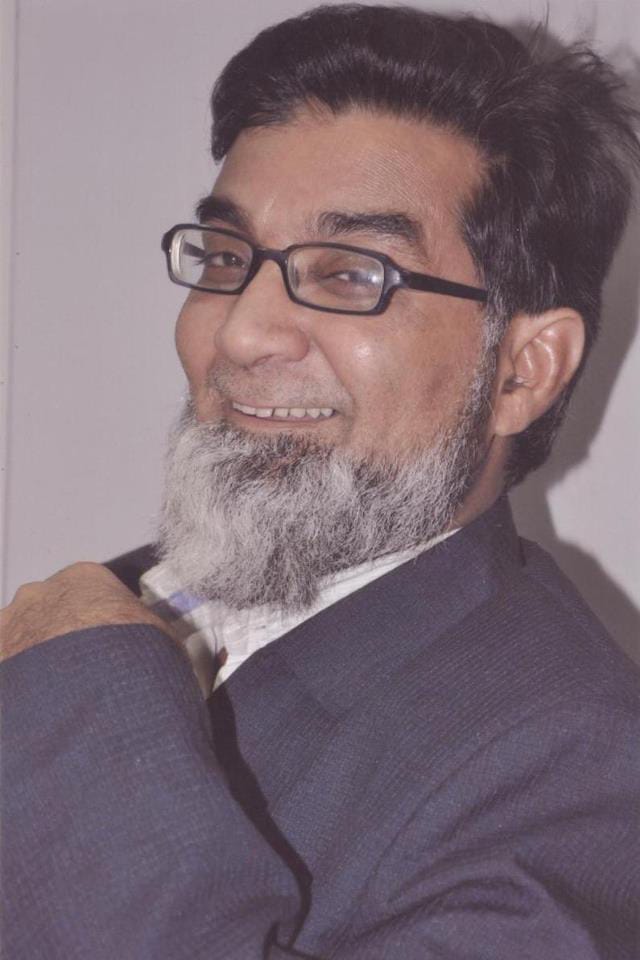19 May 2024: In modern India, where Hindu nationalism has taken center stage under Prime Minister Narendra Modi’s leadership, Muslims increasingly find themselves feeling like outsiders in their own country. The growing atmosphere of exclusion and suspicion impacts every aspect of their lives, from friendships to neighborhood interactions.
Ziya Us Salam, an associate editor of The Hindu, exemplifies this sense of alienation. Speaking to The New York Times, Salam, who lives on the outskirts of Delhi with his wife, Uzma Ausaf, and their four daughters, describes a stark change in social dynamics. Lifelong friends have grown distant, and neighbors hesitate to engage in the simple acts of kindness and community that once defined their interactions.
“It is a lifeless life,” Salam remarked, capturing the essence of the emotional and social isolation felt by many Muslims today.
This creeping Islamophobia is now the dominant theme of Mr. Salam’s writings. Cinema and music, life’s pleasures, feel smaller now. In Lynch Files: The Forgotten Saga of Victims of Hate Crime, he chronicled the lynchings of Muslim men. In a recent follow-up, Being Muslim in Hindu India, he described how India’s Muslims feel “orphaned” in their homeland. His works reflect the pervasive sense of being unwelcome, not just as a personal sentiment but as a broader reflection of the political and social shifts in India, where Hindu-first ideologies are increasingly prominent.
As families like Salam’s navigate these challenging times, they grapple with maintaining their identity and raising their children in an environment that often questions their very belonging. For many Muslims, daily life has become a series of cautious steps to avoid conflict or unwarranted attention. Social gatherings are fewer, and even routine activities such as shopping or traveling can be fraught with tension. Public discourse and media often amplify divisive narratives, further entrenching the feeling of being marginalized.
The impact on children is profound. Parents like Salam worry about the psychological toll on their young ones, who grow up in an atmosphere where their identity is constantly under scrutiny. The challenge lies not just in protecting them from overt discrimination but also in fostering a sense of pride and confidence in their heritage.
In educational settings, Muslim students sometimes face subtle biases and exclusion, making the process of learning and social integration more challenging. Many parents turn to community-based initiatives to provide a supportive environment, but these efforts can only do so much against the tide of broader societal attitudes.
Despite these challenges, the resilience of the Muslim community remains evident. Families continue to uphold their traditions and values, finding strength in their faith and solidarity. Figures like Ziya Us Salam stand as a testament to this resilience, using their platforms to voice concerns and advocate for a more inclusive society.
As India moves forward, the hope remains that these narratives of exclusion can transform into stories of unity and acceptance. For now, Muslims in India navigate a complex landscape, striving to assert their rightful place in a country that is as much theirs as anyone else’s.




